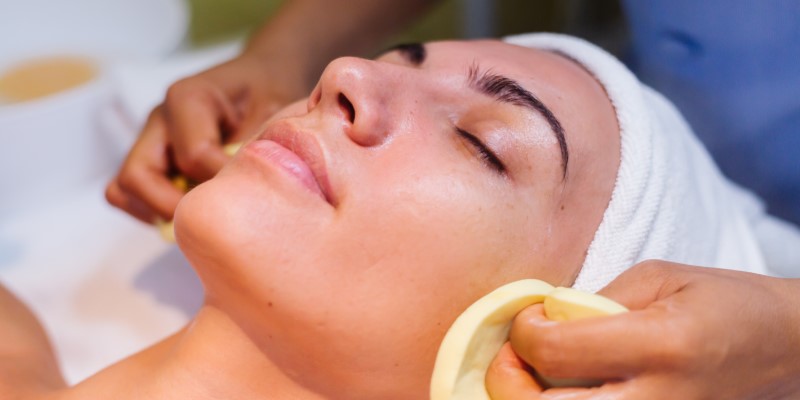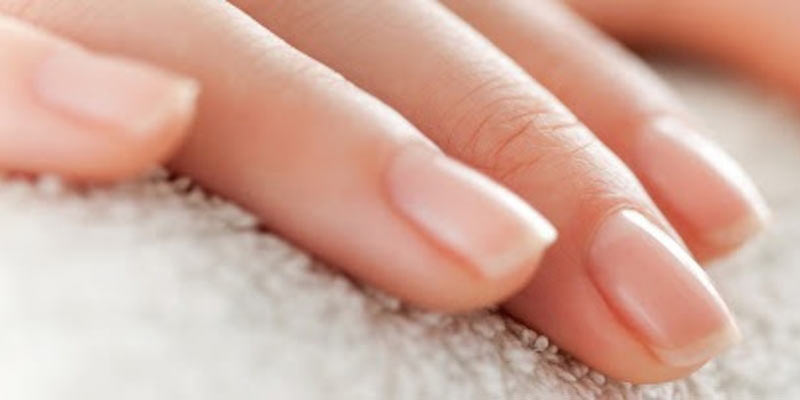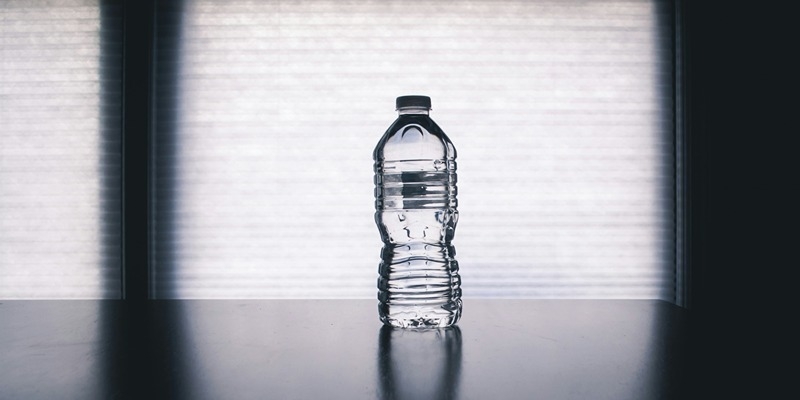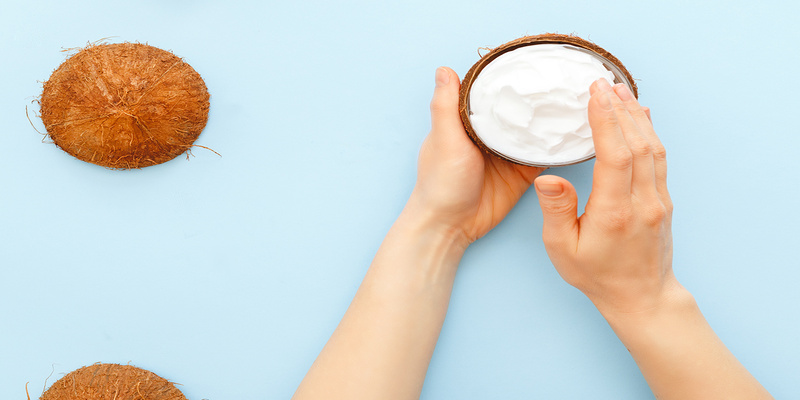Decoding Facial Care: How Often Is Ideal for Your Skin?
Mar 06, 2024 By Nancy Miller
Caring for your skin is essential to uphold a vibrant, healthy complexion. A pivotal element in any skincare regimen involves receiving routine facials. Within this guide, we'll explore a common query: What is the optimal frequency for getting a facial? Understanding this is fundamental to establishing an effective skincare routine.
Understanding Your Skin Type
Before deciding how often to get facials, it's vital to grasp your unique skin type. Diverse skin types demand distinct care. Frequent treatments can be beneficial for oily skin, aiding in oil control. Conversely, sensitive skin necessitates a more delicate approach to prevent irritation. Tailoring your facial routine to your skin type ensures optimal results and a personalized skincare experience.
Expert Recommendations
Skincare professionals recommend a balanced approach to facials, emphasizing the importance of regular but not excessive treatments.
Understanding the Skin Cycle
Experts suggest a frequency of every 4 to 6 weeks for facials. This recommendation aligns with the natural skin rejuvenation cycle, allowing sufficient time for the skin to recover and benefit from the treatment. The skin undergoes renewal during this period, making it an ideal timeframe for addressing specific concerns.
Deep Cleansing and Exfoliation
Monthly facials allow deep cleansing and exfoliation, which are crucial to maintaining healthy skin. Skilled estheticians use special methods and products to get rid of dirt, clear pores, and remove dead skin cells. This process promotes a clearer complexion and helps prevent acne and blackheads.

Tailoring to Individual Needs
The recommended frequency may vary based on individual skin needs. Some may find benefit in more frequent treatments, especially those with specific concerns like acne or hyperpigmentation. Conversely, those with sensitive skin might opt for a slightly less regular schedule to avoid overstimulation.
Consistency for Long-Term Results
Consistency is key when it comes to facials. Regular treatments contribute to long-term improvements in skin health, addressing concerns like fine lines, uneven texture, and dullness. It's not just about the immediate glow post-facial; it's about maintaining that radiance over time.
Professional Guidance
Consulting with a skincare professional is crucial in determining the optimal frequency for your skin. A licensed esthetician can assess your skin type, identify specific concerns, and tailor a facial schedule that aligns with your needs. Their expertise ensures that you receive the right treatments at the right intervals.
Signs Your Skin Needs a Facial
Regularly assessing your skin's condition is crucial in determining when it's time for a facial. Here are key signs that indicate your skin may benefit from a professional treatment:

Increased Breakouts
If you notice a sudden surge in breakouts, especially those stubborn ones that refuse to budge, it could be a sign that your skin needs a deep cleanse. Facials target clogged pores, removing excess oil and impurities contributing to acne. A professional esthetician can provide the expertise needed to address specific breakout concerns.
Dull or Uneven Skin Tone
A lackluster complexion or uneven skin tone may signal a buildup of dead skin cells on the surface. Facials often involve exfoliation, promoting cell turnover and revealing a brighter, more radiant skin layer. A facial could be the refreshing boost it needs if your skin looks dull or lacks its usual vibrancy.
Visible Pores and Blackheads
Enlarged pores and the presence of blackheads can be indicators of trapped impurities. Professional facials incorporate techniques to minimize pore size and effectively extract blackheads, leaving the skin smoother and more refined. If you find your pores becoming more noticeable or blackheads appearing, it's a good time to consider a facial.
Texture Irregularities
Changes in skin texture, such as roughness or unevenness, may suggest a need for exfoliation and renewal. Facials often include treatments that address texture irregularities, promoting a smoother and softer skin surface. If you run your fingers over your skin and notice inconsistencies, a facial can help restore a more even texture.
Increased Sensitivity
Heightened sensitivity or redness can indicate that your skin's protective barrier needs attention. Facials can include calming and soothing ingredients to alleviate sensitivity and strengthen the skin barrier. If your skin reacts more than usual or you are experiencing discomfort, a facial tailored to sensitive skin may be beneficial.
Occasional Pampering
Beyond specific signs, the occasional pampering aspect is also a valid reason for a facial. Taking time for self-care and relaxation contributes to overall well-being. Suppose you feel the need for a mental and emotional reset. In that case, a facial can provide a rejuvenating experience, leaving you not only with improved skin but also a sense of renewed energy.
DIY Facials and Home Care
Caring for your skin doesn't always require a trip to the spa. Incorporating DIY facials and maintaining a proper skincare routine at home can contribute significantly to the health and vibrancy of your skin.
Gentle Cleansing: Begin your at-home skincare routine using a mild cleanser matching your skin type. Cleansing helps remove impurities, excess oil, and traces of makeup, preparing your skin for the next steps in your DIY facial.
Regular Exfoliation: Exfoliation is crucial to eliminate dead skin cells and promote cell turnover. Choose an exfoliator that suits your skin sensitivity – a mild scrub or a chemical exfoliant. Be mindful not to over-exfoliate, as it can lead to irritation.
Hydration with Moisturization: Keep your skin moisturized using a moisturizer that suits your skin type. Hydration is essential for maintaining skin elasticity and preventing dryness. Apply moisturizer after cleansing and exfoliating to lock in the moisture.
DIY Facial Masks: Enhance your home skincare routine with DIY facial masks using natural ingredients. You can create masks with honey, yogurt, aloe vera, or clay depending on your skin's needs. These masks can address concerns such as acne, dryness, or dullness.
Conclusion
In conclusion, the ideal frequency for facials varies from person to person. Understanding your skin type, heeding expert advice, and staying attuned to your skin's signals will guide you in establishing the right routine. Whether a monthly spa day or a bi-monthly self-care session, regular facials play a significant role in achieving and maintaining beautiful, radiant skin.

Here’s How to Check Your Health Through Fingernails

Mastering the Wall Sit: Methods, Advantages, and Variations

Stress Unraveled: Its Far-Reaching Impact from Brain to Belly

Unlock the Secret of Radiant Skin: The Wonders of Honey in Your Beauty Regimen

Health Comparison: Alkaline Water Versus Regular Water

How to Get Rid of Hives: 9 Natural Remedies You Must Try

How Physical Activity Can Aid in Substance Use Recovery


